The upcoming winter issue of Index on Censorship magazine includes a special report on religion and tolerance, with articles from around the world. Writers include the Bishop of Bradford, Salil Tripathi, Samira Ahmed and Kaya Genc. There's an...
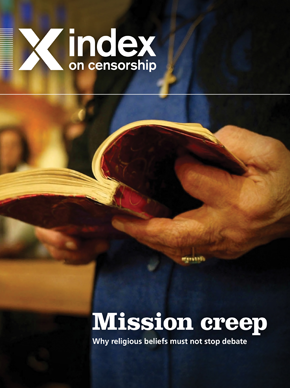

The upcoming winter issue of Index on Censorship magazine includes a special report on religion and tolerance, with articles from around the world. Writers include the Bishop of Bradford, Salil Tripathi, Samira Ahmed and Kaya Genc. There's an...
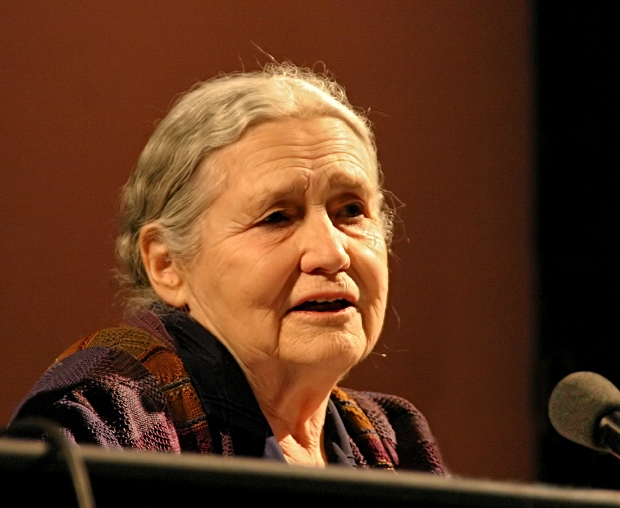
“The most popular book everywhere is George Orwell’s Animal Farm”, Lessing writes from Zimbabwe in 1999

In 1993, the novelist, who died on Sunday, reported for Index from a changing China
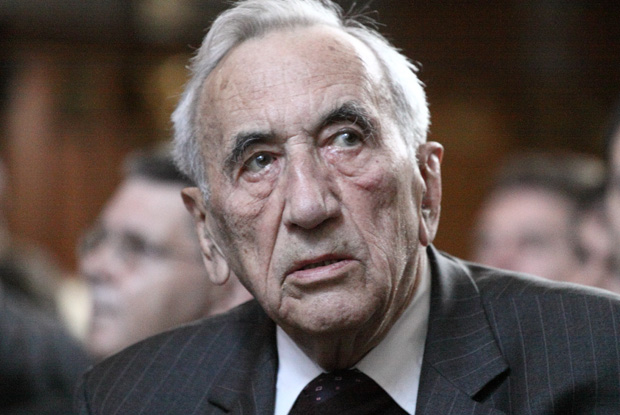
Poland’s first non-Communist premier died today. In 1995, he spoke to Index on Censorship magazine about his decision to resign as Special Rapporteur of the UN Commission on Human Rights in former Yugoslavia
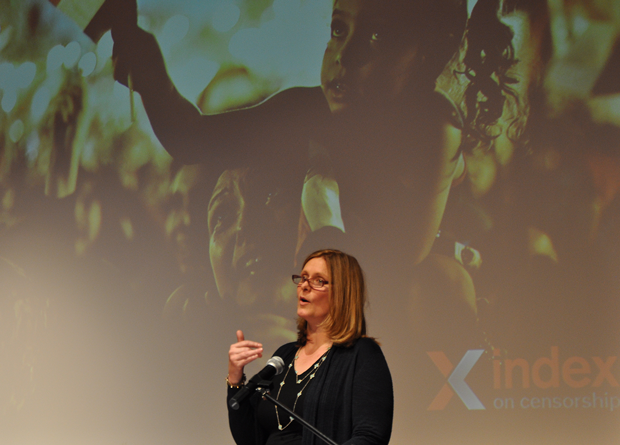
The following speech by Sarah Brown, education campaigner for A World at School, was delivered at the launch event for the autumn issue of Index on Censorship magazine. I am delighted to be at Lilian Baylis Technology School – I went to school in...

World leaders need to deliver on their pledges to institute universal primary education — especially for girls — if the world wants to empower the next generation, campaigner Sarah Brown said in a speech at the launch of the autumn issue of Index on Censorship magazine on Tuesday.
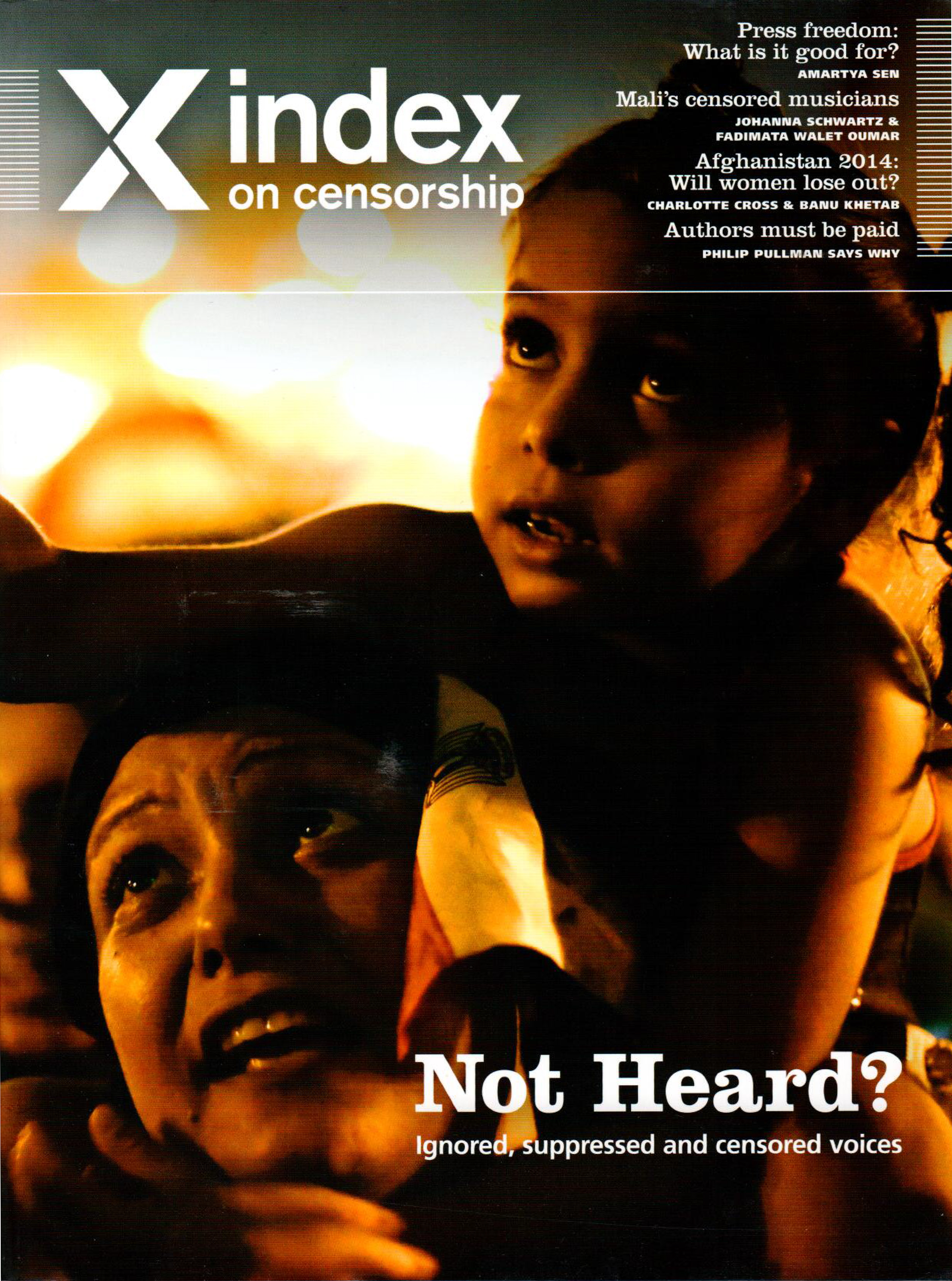
Our special report explores the voices of those who are rarely heard and the countless reasons why those people are ignored, suppressed or actively censored, as well as the power of journalism to make those voices audible.
Includes articles by: Amartya Sen asks “what is press freedom good for?”; Johanna Schwartz and Fadimata Walet Oumar report on Mali’s censored musicians; Charlotte Cross and Banu Khetab ask if women are going to lose out in Afghanistan; Philip Pullman tells why authors must be paid.
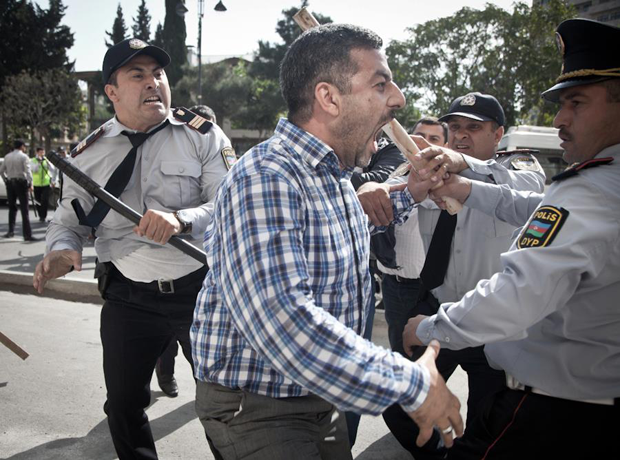
In the run up to Azerbaijan’s presidential election, authorities have showed open hostility to journalists, activists, ordinary citizens and artists. Rasul Jafarov and Rebecca Vincent look at some of the country’s courageous photojournalists, who document what life’s really like under President Ilham Aliyev

As Mali’s new president returns to the country amid fresh fighting between government forces and Tuareg rebels, Index on Censorship magazine looks at the climate for free speech in a country split by conflict — and wonders about the future of its brave musicians
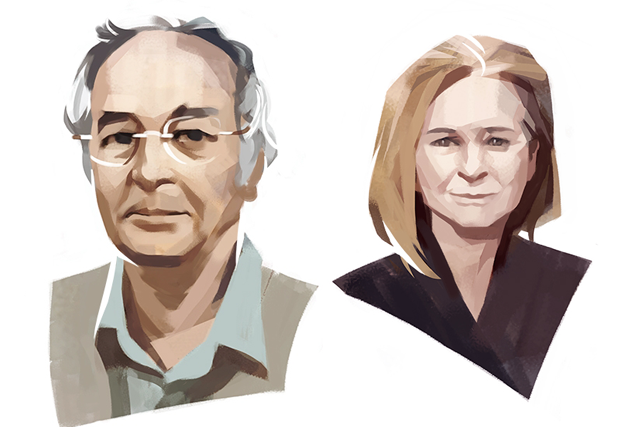
From the magazine: President of the Society of Authors Philip Pullman and Chief Executive of Creative Commons Cathy Casserly debate the future of copyright
A quarterly journal set up in 1972, Index on Censorship magazine has published oppressed writers and refused to be silenced across hundreds of issues.
The brainchild of the poet Stephen Spender, and translator Michael Scammell, the magazine’s very first issue included a never-before-published poem, written while serving a sentence in a labour camp, by the Soviet dissident Aleksandr Solzhenitsyn, who went on to win a Nobel prize later that year.
The magazine continued to be a thorn in the side of Soviet censors, but its scope was far wider. From the beginning, Index declared its mission to stand up for free expression as a fundamental human right for people everywhere – it was particularly vocal in its coverage of the oppressive military regimes of southern Europe and Latin America but was also clear that freedom of expression was not only a problem in faraway dictatorships. The winter 1979 issue, for example, reported on a controversy in the United States in which the Public Broadcasting Service had heavily edited a documentary about racism in Britain and then gone to court attempting to prevent screenings of the original version. Learn more.